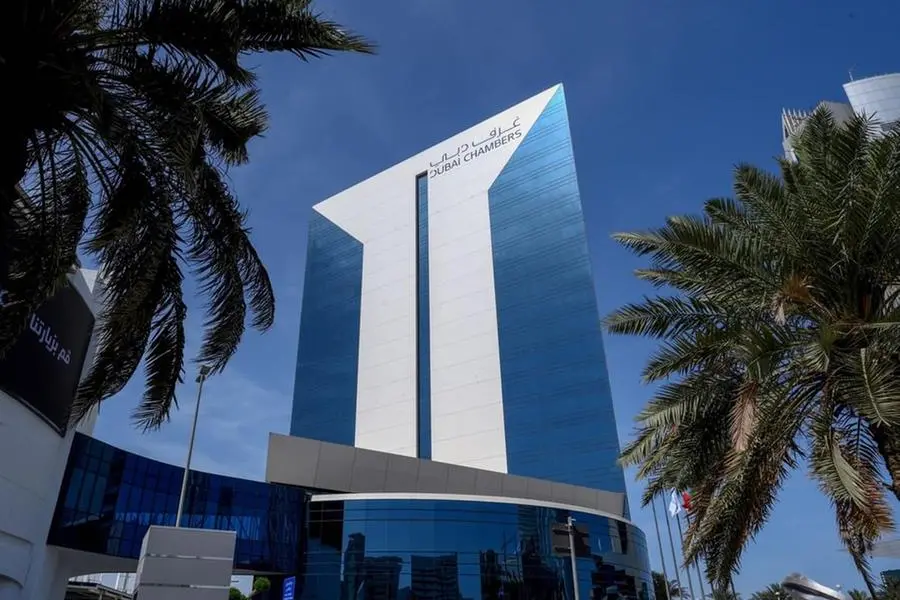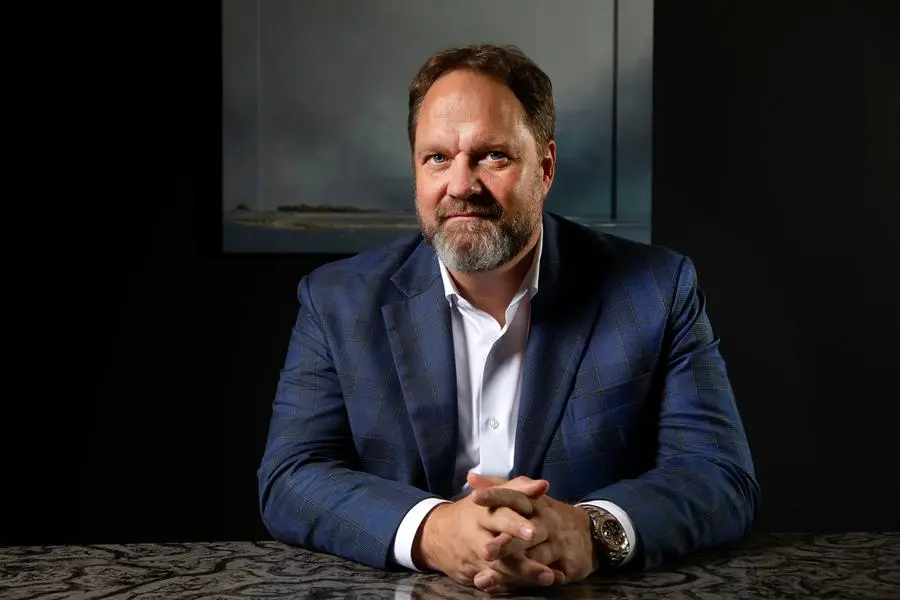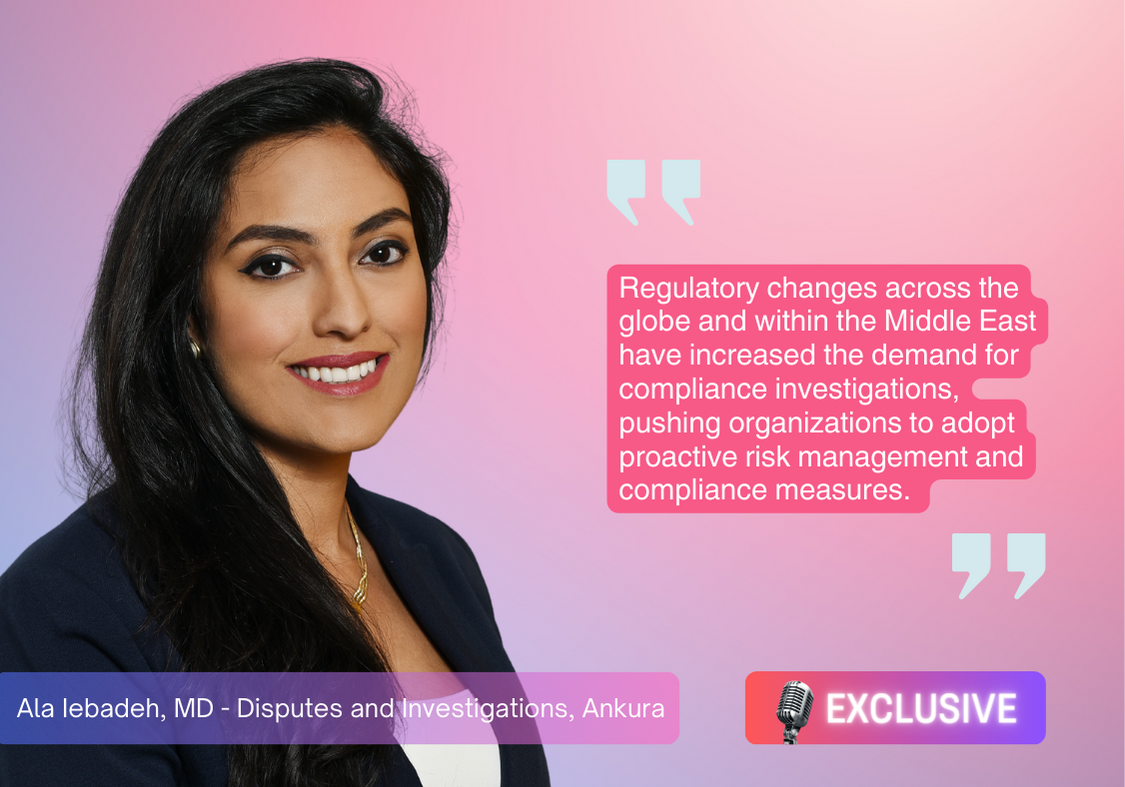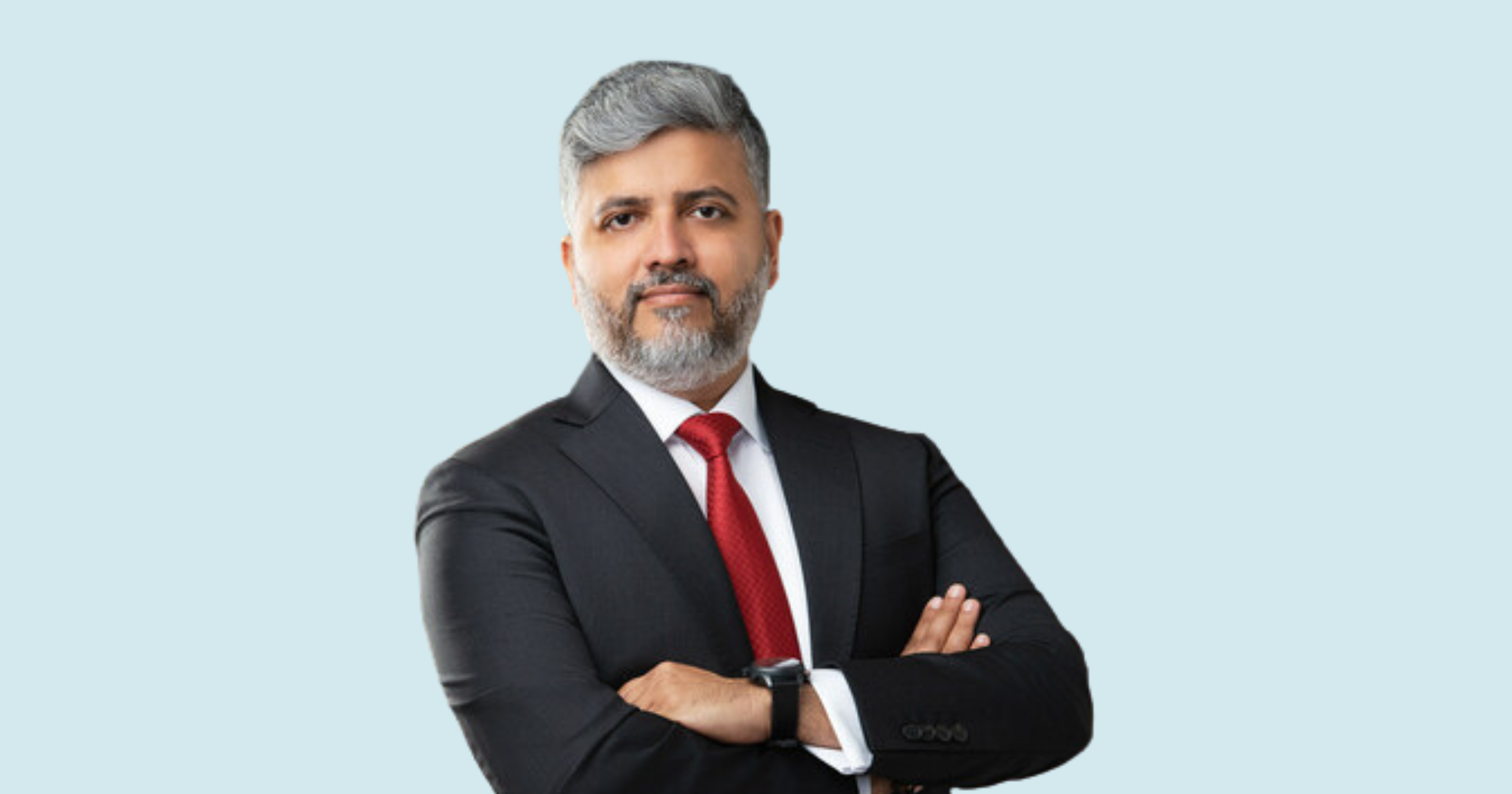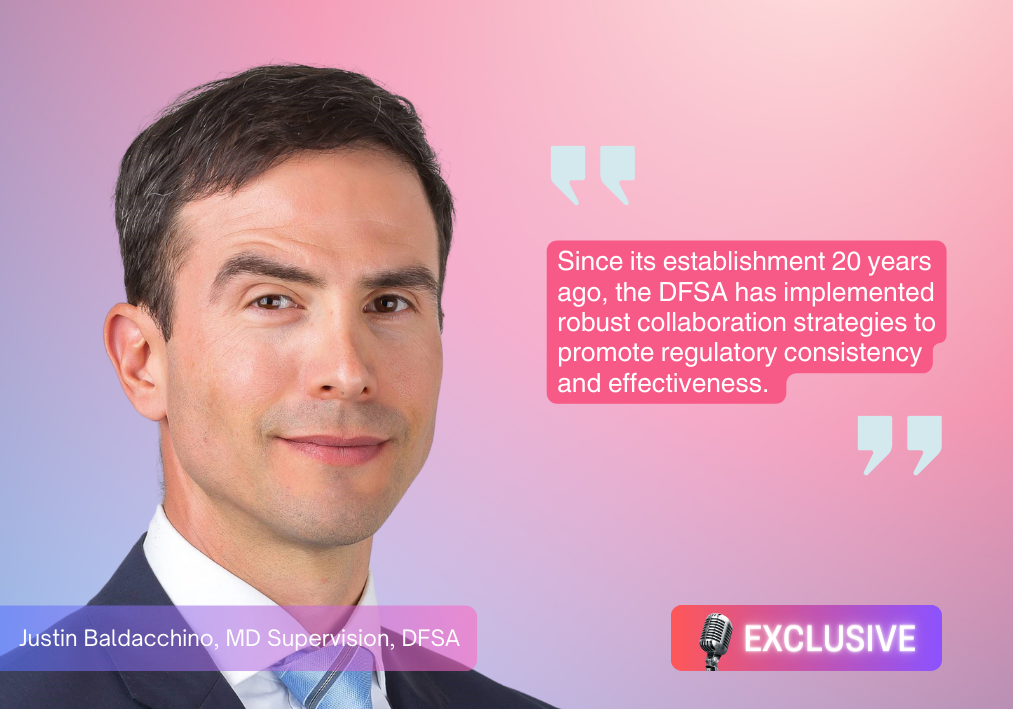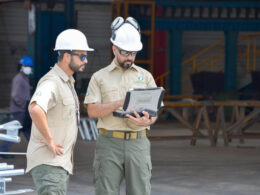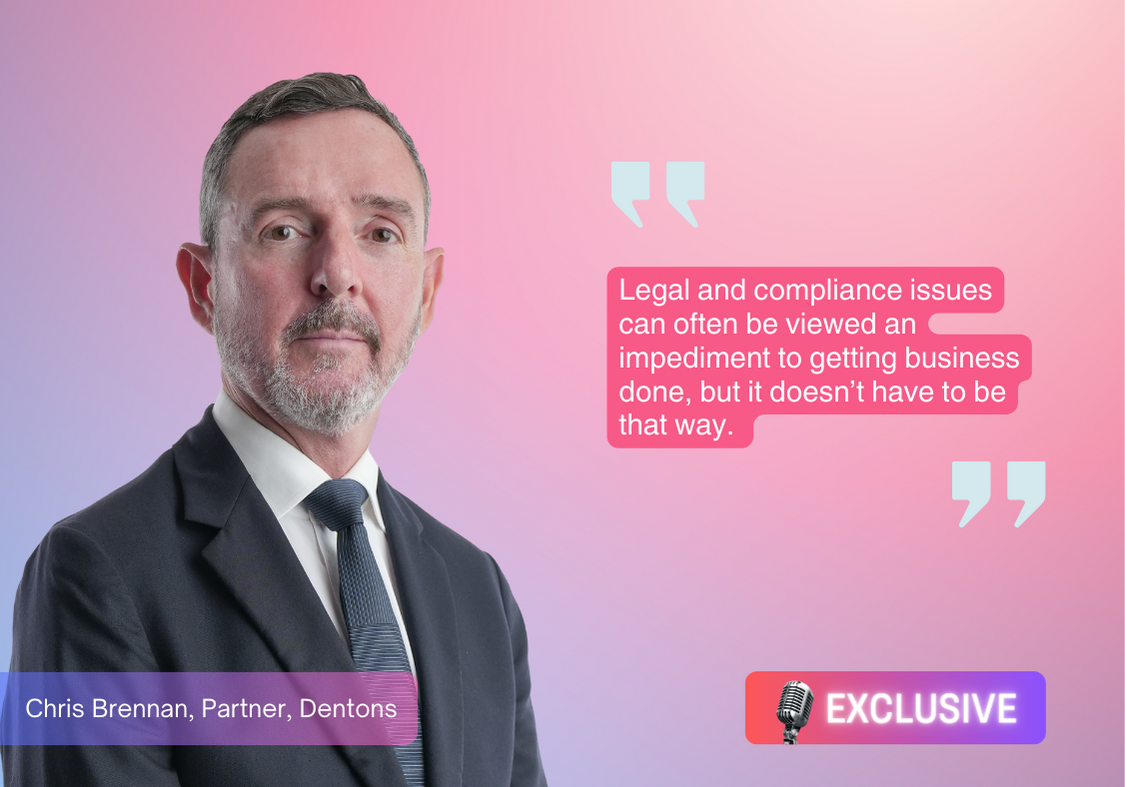April 25, 2024 | Dubai, UAE
Ala Iebadeh is a Managing Director at Ankura based in Dubai. She has extensive experience working on high profile and highly sensitive corporate investigations, commercial local/regional litigations and international arbitrations, and is listed in Who’s Who Legal’s list of worldwide Experts in Forensic Accounting.
She has experience across the MENA region in a broad range of industries including automotive, aviation, shipping, media, financial services, healthcare, education, construction, FMCG, public sector, and family conglomerates. Ala has extensive experience writing forensic accounting advisory reports for both civil and criminal onshore courts. This also involved dealing court appointed expert committees and providing ongoing support to legal representatives.
Prior to joining Ankura, Ala was a manager in a big four forensic practice in the Middle East, with experience in disputes and investigations, corporate intelligence services and financial services regulatory advisory.
WT: Could you describe the most common types of disputes or investigations you handle in the Middle East? Are there unique regional characteristics to consider?
Ala – In the Middle East, we frequently deal with cases related to financial fraud, corruption, contract, shareholder and agency disputes.
The region’s unique characteristics include a diverse legal landscape, with variations in laws and enforcement practices across countries, and a high emphasis on relationships in business dealings. Understanding the cultural context and the significant role of government and family-owned enterprises is crucial for effectively navigating these disputes and investigations.
WT: How has the industry evolved over the past few years? What are some of the biggest shifts you’ve observed in terms of the nature or focus of investigations?
Ala – The industry has significantly evolved with the advent of digital technologies, leading to a rise in cybercrime investigations and a greater focus on digital forensics.
Regulatory changes across the globe and within the Middle East have increased the demand for compliance investigations, pushing organizations to adopt proactive risk management and compliance measures. There’s also been a noticeable shift towards using data analytics and AI to enhance the efficiency and effectiveness of investigations.
WT – In what ways does your work as a Disputes & Investigations consultant add value for clients in the Middle East?
Ala – My work adds value by offering deep insights into the regulatory and business environment of the Middle East, helping clients navigate complex disputes with a strategic approach that considers legal, cultural, and operational factors. By providing expert analysis and leveraging advanced investigative technologies, I help clients mitigate risks, resolve disputes, and ensure compliance with local and international regulations. This not only protects their financial and reputational interests but also supports their long-term business objectives in the region.
WT – How do you typically approach helping clients navigate complex investigations while aligning with local regulations and cultural nuances?
Ala – My approach involves a comprehensive understanding of the local legal framework and cultural dynamics, combined with a strategic application of investigative methodologies tailored to the Middle East context. I prioritize clear communication with clients, ensuring transparency and alignment with their objectives, while leveraging local networks and expertise to navigate regulatory requirements and cultural sensitivities effectively. This multidimensional strategy ensures investigations are thorough, compliant, and respectful of local practices.
WT – Given the potential rise of technology like AI and its impact on the investigative process, how do you anticipate your role evolving in the coming years?
Ala – As technology, especially AI, becomes increasingly integral to the investigative process, I anticipate my role will evolve to include more data-driven analysis and predictive modeling. This will necessitate staying abreast of technological advancements and acquiring new skills to leverage these tools effectively. Additionally, the ethical use of AI and data privacy will become increasingly important, requiring a careful balance between innovation and integrity. Embracing these changes will enhance our ability to uncover insights, predict risks, and provide more strategic advice to clients.
WT – Are there emerging trends or challenges specific to the Middle East that Disputes & Investigations consultants need to be particularly aware of?
Ala – Emerging trends include the increasing importance of cybersecurity measures as businesses and governments digitize their operations, necessitating a focus on cyber investigations and data protection. Regulatory reforms aimed at enhancing business transparency and combating corruption are introducing new compliance challenges. Additionally, the geopolitical dynamics of the region often impact business operations, requiring consultants to be adept at navigating these complexities while advising clients on risk management and dispute resolution.
WT – What do you consider to be some of the ethical considerations unique to this role, especially in a regional context?
Ala – Ethical considerations revolve around maintaining confidentiality, ensuring impartiality, and respecting the cultural and legal frameworks within which we operate. In the Middle East, where business practices are often closely tied to cultural norms and relationships, it’s essential to navigate investigations with sensitivity and integrity. Upholding ethical standards while adapting to local customs and regulations is crucial for building trust with clients and stakeholders and for the overall effectiveness of our role in the region.
BT – Beyond solving specific cases, how do you see your work contributing to a more transparent and responsible business environment within the Middle East?
Ala – Beyond individual cases, my work contributes to fostering a culture of transparency and accountability in the Middle East business environment. By helping organizations implement robust compliance programs and resolve disputes ethically and efficiently, we promote higher standards of business conduct. This not only mitigates risks but also enhances the region’s attractiveness to international investors and partners. Ultimately, our efforts support the development of a more stable, transparent, and ethical business landscape, benefiting economies and societies across the region.
————
Disclaimer: The content of the above information is exclusive to The Wealth Today and should not be reproduced without acknowledging the source. The above content presents the view of the interviewee and The Wealth Today can not be held responsible for the content.



